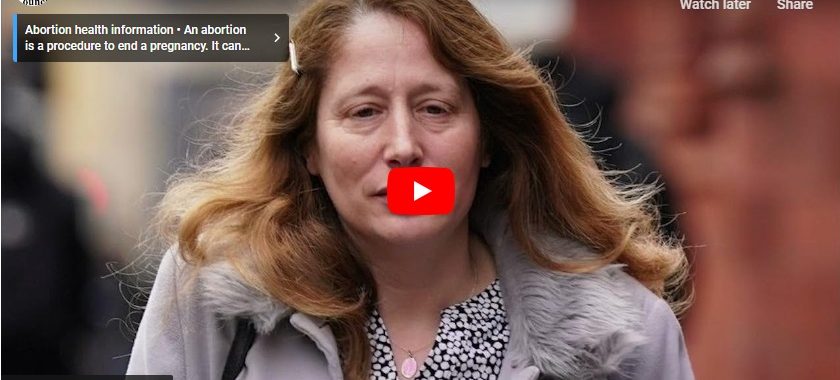Future of Ballot Measures Remains Uncertain as 2024 Election Milestone Arrives

The future of three ballot proposals remains unclear as Arkansas reaches one of its milestones deadline ahead of the 2024 elections.
Thursday, August 22, is the deadline for the Secretary of State to certify ballot measures to the counties for inclusion on the ballot for the November 2024 General Election.
The certification lets each of Arkansas’ 75 counties know which initiatives will appear on the General Election Ballot.
However, three ballot proposals are still up in the air. Below is a brief summary of each measure and a little information about where the measure stands.
Measure #1: The Casino Amendment
Local Voters in Charge is backing a measure that would repeal the Racing Commission’s authority to issue a casino license without local voter approval in a countywide election. On July 5 the group submitted petition signatures to place the amendment on the ballot, and the Arkansas Secretary of State subsequently certified the measure for the ballot.
However, the measure has been challenged in court, and it is unclear if the Arkansas Supreme Court will let it remain on the ballot.
Measure #2: The Marijuana Amendment
Arkansans for Patient Access is promoting the Arkansas Medical Marijuana Amendment of 2024. The measure rewrites much of the “medical” marijuana amendment that Arkansas enacted in 2016. The measure would let people use “medical” marijuana without suffering from a specific medical condition listed in state law.
The amendment would repeal state laws and regulations that protect children from marijuana marketing, and it would give free marijuana cards to immigrants and people from out of state who travel to Arkansas to use marijuana. It also fails to limit the amount of THC that marijuana products can contain.
Arkansans for Patient Access submitted petition signatures to place its marijuana amendment on the ballot last month. Placing an initiative on the ballot requires 90,704 valid signatures from registered voters.
On July 31 the Secretary of State determined the group did not have enough signatures to make the ballot, but had submitted enough to qualify for a 30-day extension to collect additional petition signatures.
The group is expected to submit additional petition signatures next week.
Measure #3: The Abortion Amendment
Arkansans for Limited Government is pushing to place the Arkansas Abortion Amendment on the November ballot.
If passed, the measure would write abortion into the state constitution.
The Arkansas Abortion Amendment would prevent the State of Arkansas from restricting abortion during the first five months of pregnancy — which is more extreme than Roe v. Wade and would allow thousands of elective abortions on healthy women and unborn children every year.
The measure would automatically nullify all state laws that conflict with the amendment — jeopardizing basic abortion regulations like parental-consent and informed-consent requirements and paving the way for taxpayer-funded abortion in Arkansas.
The amendment does not contain any medical licensing or health and safety standards for abortion, and it does not require abortions to be performed by a physician or in a licensed medical facility.
The measure also contains various exceptions that would permit abortion up to birth in many cases.
Last month, Arkansans for Limited Government submitted petition signatures to place the Arkansas Abortion Amendment on the ballot. Bringing the amendment up for a vote would require at least 90,704 valid signatures from registered voters.
However, Secretary of State John Thurston disqualified every petition filed to place the abortion measure on the ballot, because the sponsors failed to provide affidavits that state law requires concerning paid petition canvassers.
By law, ballot initiative sponsors must file a statement confirming that each paid canvasser was given a copy of the state’s initiative and referenda handbook as well as an explanation of relevant state laws before he or she solicited petition signatures. The sponsors backing the abortion measure failed to file this specific documentation when they submitted the petitions for the abortion amendment. That prompted the Secretary of State to reject all of the petitions.
Arkansans for Limited Government subsequently filed a lawsuit against Secretary of State Thurston. The case is currently pending before the state supreme court.
Articles appearing on this website are written with the aid of Family Council’s researchers and writers.



